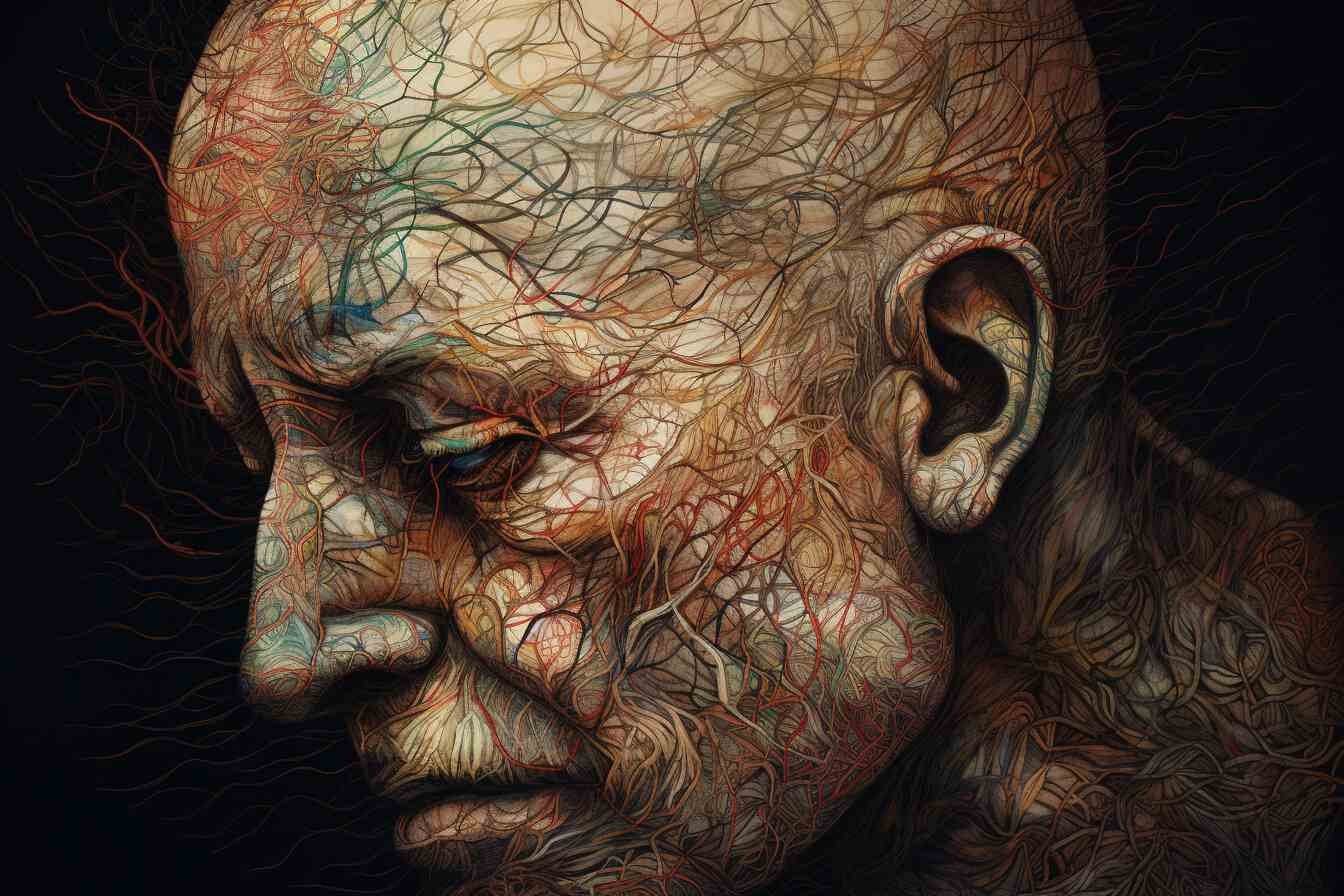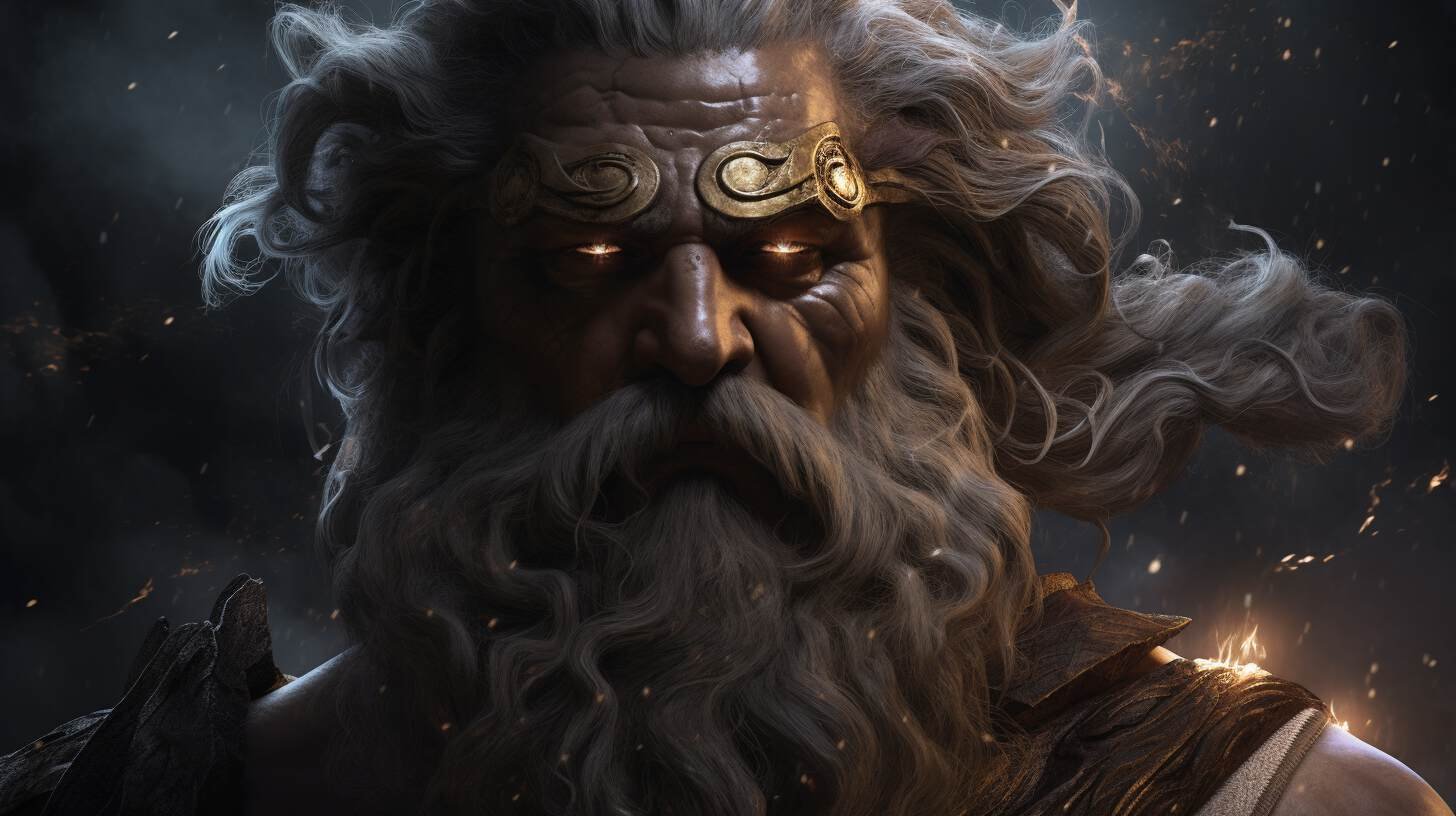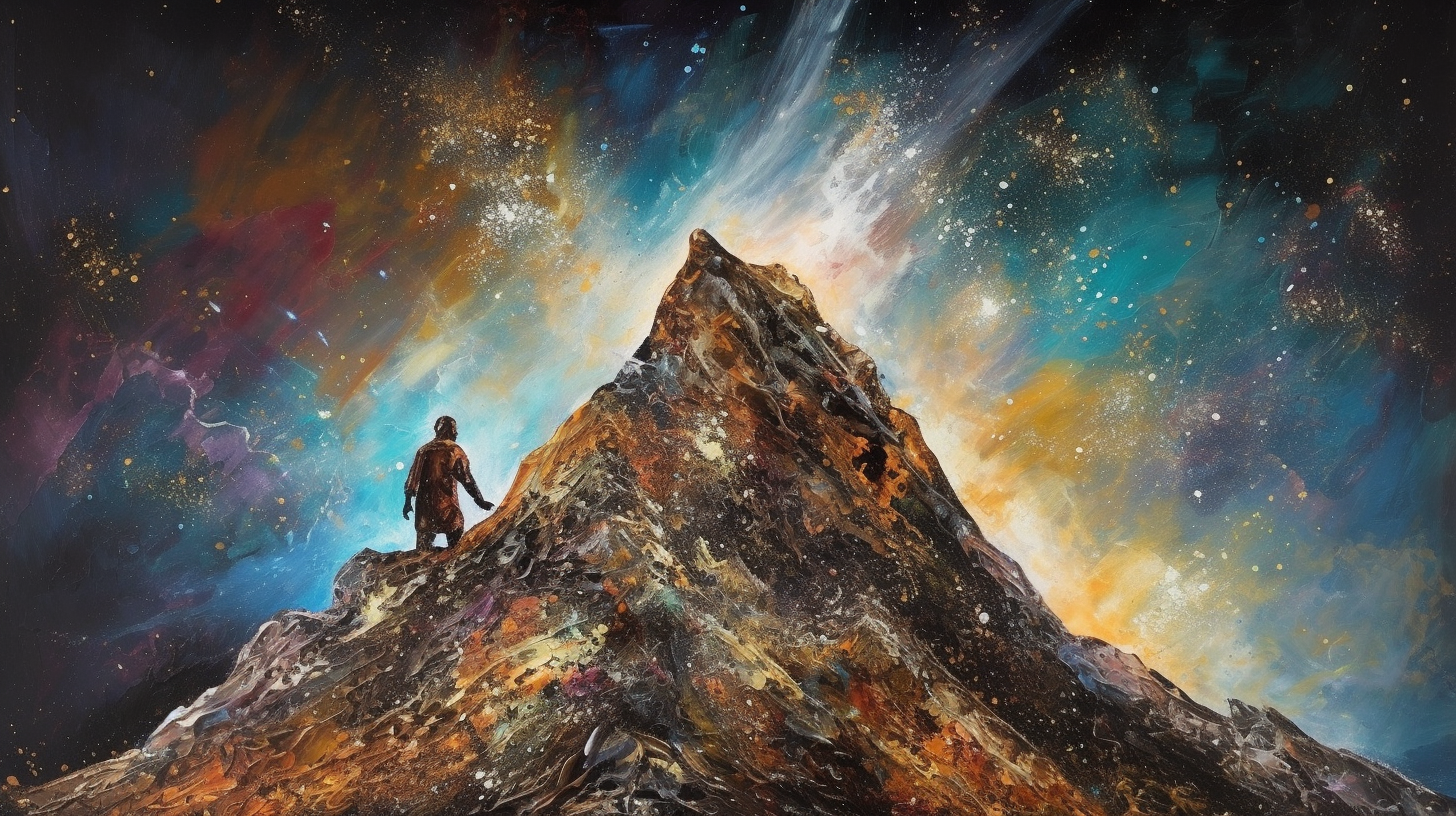Authentic Masculinity And Its 6 Attributes
Table of Contents Show
In the chaos of societal norms and expectations, the concept of authentic masculinity has been lost, replaced by a grotesque caricature that is often labeled as 'toxic masculinity'. It's a term that has been thrown around with reckless abandon, a convenient scapegoat for the ills of society. But let's be clear, the problem isn't masculinity itself, but the distorted, warped version that has been peddled for far too long.
The controversy is not without merit. The term 'toxic masculinity' has been used as a cudgel to beat down any semblance of traditional masculinity, painting it as inherently harmful. This is a gross oversimplification, a reductionist view that does more harm than good. It's a controversy fueled by ideologies, a hotbed of debate that has polarized society.
Hence, understanding authentic masculinity is not just important, it's crucial. It's a matter of rectifying the distorted image that has been projected onto men, of reclaiming the virtues that have been unfairly demonized.
Authentic masculinity is not toxic, and it is certainly NOT a crisis, it's a solution. It's a path towards a healthier, more balanced society. But to embark on this path, we need to first understand what authentic masculinity truly is.
1. What is Authentic Masculinity?
Authentic masculinity is about being and identifying as a man. It's about carving out a path, about pursuing a difficult purpose which assumes responsibility for others, without the need for external validation. It is not about dominance or aggression, it's about respect, integrity, stoicism, responsibility, courage, and humility.
Authentic masculinity is then about being real, about being genuine while demonstrating high levels of respect and integrity, regardless of societal pressures or stereotypes.
2. The Misconceptions About Authentic Masculinity
The misconceptions about authentic masculinity are as numerous as they are damaging. The notion that masculinity equates to dominance, aggression, or emotional suppression is not only false, but it's harmful. These misconceptions perpetuate toxic stereotypes and they create a culture of repression and denial.
Authentic masculinity is not about dominance, it's about respect. It's not about aggression, it's about courage. It's not about emotional suppression, it's about stoicism. These misconceptions need to be challenged and they need to be discarded.
3. The Six Actual Traits Of Authentic Masculinity
Authentic masculinity or actual masculinity is defined by 6 core attributes -
Respect
Integrity
Stoicism
Responsibility
Courage,
Humility
These attributes are not dictated by societal norms or cultural expectations, but are inherent qualities that embody the essence of authentic masculinity. Let's explore them below.
A. Respect
Respect is the cornerstone of authentic masculinity. It is the foundation upon which all other attributes are built. Respect is not just about how you treat others, but also about how you treat yourself. It's about recognizing the inherent worth of every individual, including yourself.
It's about treating others with kindness, with empathy, with understanding. It's about acknowledging the rights, the feelings, the experiences of others. It's about creating a culture of mutual respect, where everyone is valued, where everyone is heard.
B. Integrity
Integrity is the backbone of authentic masculinity. It's about being true to your word, about standing up for what you believe in, about doing the right thing even when no one is watching. It's about being honest, being transparent, and being accountable.
It's about taking responsibility for your actions, about owning up to your mistakes, about learning from your failures. It's about being a man of principle, a man of honor, a man of integrity.
C. Stoicism
Stoicism, often misunderstood and misinterpreted, is a vital attribute of authentic masculinity. It's not about emotional repression or indifference, as some would have you believe. Stoicism is about rationality, about unselfishness, about maintaining composure in the face of adversity.
It's about understanding that emotions are a natural part of the human experience, but not allowing them to dictate actions or cloud judgment.
D. Responsibility
Responsibility is the duty of authentic masculinity. It's about taking ownership of life and for those around, about taking charge of one’s actions, about taking control of destiny. It's about stepping up, about making a difference, about leaving a positive impact.
It's about being a role model, about setting a good example, about leading by example. It's about being a man of action, a man of responsibility, a man of impact. All without expecting anything in return.
E. Courage
Courage is the strength of authentic masculinity. It's about facing fears, about overcoming your challenges, about pushing limits. It's about standing up for what's right, about fighting for what's fair, about advocating for what's just.
It's about being brave, being bold, being courageous. It's about having the courage to be, the courage to be different, the courage to be authentic.
F. Humility
Humility is the grace of authentic masculinity. It's about recognizing limitations, about acknowledging weaknesses, about accepting flaws. It's about being humble, being modest, and being grounded. It's about appreciating others, about valuing others, about learning from others. It's about being a man of humility, a man of grace, a man of wisdom.
4. Examples of True Masculinity
Even though there are infinite examples that exemplify true masculinity, The Invisible Man has drawn on six individuals from the past, present and fiction that represent the essence of authentics masculinity.
Alexander Fleming, the discoverer of penicillin.
Jonas Salk, the man who discovered polio.
Khabib Nurmagomedov, the respectful warrior.
Sattar Edhi, the selfless humanitarian.
Raskolnikov from “Crime And Punishment”.
Jean Valjean, the protagonist of “Les Misérables”.
a. Alexander Fleming: The Humble Hero
Alexander Fleming, the discoverer of penicillin, is a shining example of authentic masculinity. His discovery revolutionized medicine, saving countless lives in the process. But it's not just his scientific achievement that makes him a model of authentic masculinity, it's his humility.
Fleming never sought fame or fortune for his discovery. He didn't see himself as a hero, but as a scientist doing his job. He was humble in his success, always quick to share the credit with others. He once said, "Nature makes penicillin; I just found it." This humility, this grace in the face of monumental success, is a testament to his authentic masculinity.
B. Jonas Salk: The Selfless Pioneer
Jonas Salk, the man who discovered the polio vaccine, is another embodiment of authentic masculinity. His vaccine brought an end to a disease that had caused widespread fear and suffering. But again, it's not just his scientific contribution that sets him apart, it's his sense of responsibility.
Salk could have become a wealthy man from his discovery. He could have patented his vaccine and made a fortune. But he didn't. He chose to make the vaccine universally available, saying, "Could you patent the sun?" His decision was a selfless act of responsibility, a commitment to the greater good over personal gain. This sense of duty, this willingness to put others before himself, is a powerful example of authentic masculinity.
Both Fleming and Salk exemplify true masculinity. They were men of integrity, men of humility, men of responsibility. They used their talents and their knowledge not for personal gain, but to make the world a better place. They are reminders that authentic masculinity is not about power or dominance, but about respect, integrity, emotional honesty, responsibility, courage, and humility.
C. Khabib Nurmagomedov: The Respectful Warrior
Khabib Nurmagomedov, the undefeated mixed martial artist, is a prime example of authentic masculinity. Known for his dominance in the octagon, Khabib's true strength lies not in his physical prowess, but in his respect for others.
Despite being in a sport often characterized by trash talk and bravado, Khabib has always maintained a level of respect for his opponents. He is known for his sportsmanship, often seen comforting his opponents after a fight, acknowledging their efforts and their courage. This respect extends beyond the octagon, with Khabib often speaking about the importance of respecting one's parents, one's heritage, and one's faith.
Khabib's career is a testament to his integrity and his humility. Despite his success, he has remained grounded, always attributing his victories to his hard work, his team, and his faith. His respect for others, his integrity, and his humility make him a modern-day example of authentic masculinity.
D. Abdul Sattar Edhi: The Selfless Humanitarian
Abdul Sattar Edhi, the founder of the Edhi Foundation in Pakistan, is another embodiment of authentic masculinity. Known as the "Angel of Mercy", Edhi dedicated his life to helping those in need, establishing the largest volunteer ambulance network in the world.
Edhi's life was a testament to his selflessness and his sense of responsibility. He lived a life of simplicity, dedicating the majority of his resources to his foundation. He once said, "My religion is humanitarianism, which is the basis of every religion in the world."
Despite his immense contributions, Edhi remained humble, often stating that he was just doing his duty as a human being. His selflessness, his sense of responsibility, and his humility make him a shining example of authentic masculinity.
E. Raskolnikov: The Repentant Sinner
Raskolnikov, the protagonist of "Crime and Punishment", is a complex character who undergoes a profound transformation. At the beginning of the novel, he commits a brutal crime, believing himself to be above moral law. However, as the story progresses, he is consumed by guilt and eventually confesses his crime.
Raskolnikov's journey is a testament to the power of emotional honesty and responsibility. He confronts the darkest parts of himself, acknowledging his guilt and taking responsibility for his actions. His confession is an act of courage, a painful step towards redemption. His journey from arrogance to humility, from denial to acceptance, embodies the essence of authentic masculinity.
F. Jean Valjean: The Transformed Convict
Jean Valjean, the protagonist of "Les Misérables", is another character who exemplifies authentic masculinity. A former convict, Valjean transforms his life after an act of kindness from a bishop. He becomes a respected mayor, a loving adoptive father, and a man of deep moral integrity.
Valjean's life is marked by acts of courage and responsibility. He risks his freedom to save an innocent man, he dedicates his life to the welfare of his adopted daughter, and he consistently chooses the path of righteousness, even when it's the more difficult path. His respect for others, his integrity, and his humility make him a powerful symbol of authentic masculinity.
5. Conclusion
In the end, the quest for authentic masculinity is about dismantling the present narratives that are being pushed into defining what it means to be a man. Authentic masculinity is just not about dominance or aggression, but all the forces of masculinity that work holistically to allow invisible men to do invincible deeds.
























